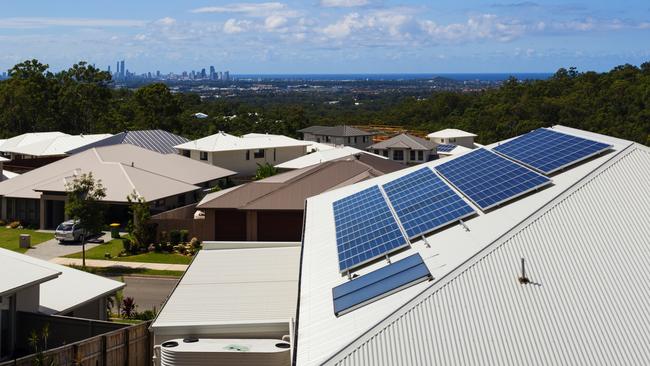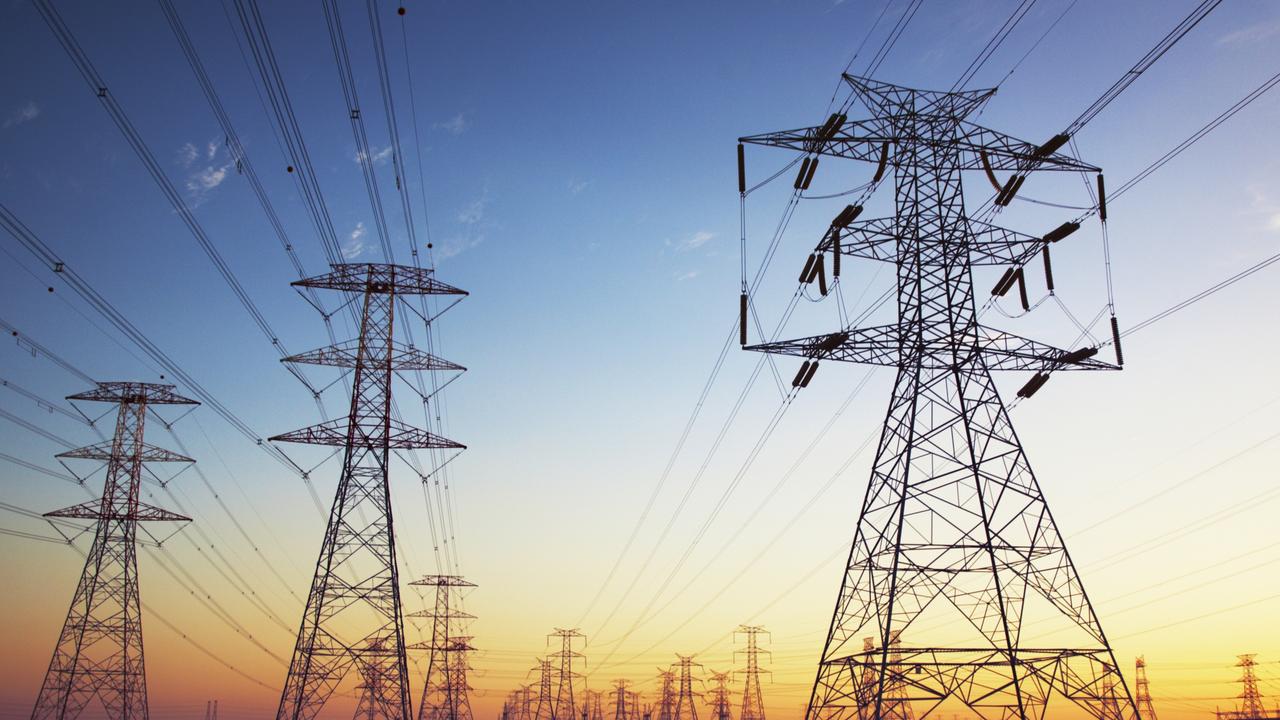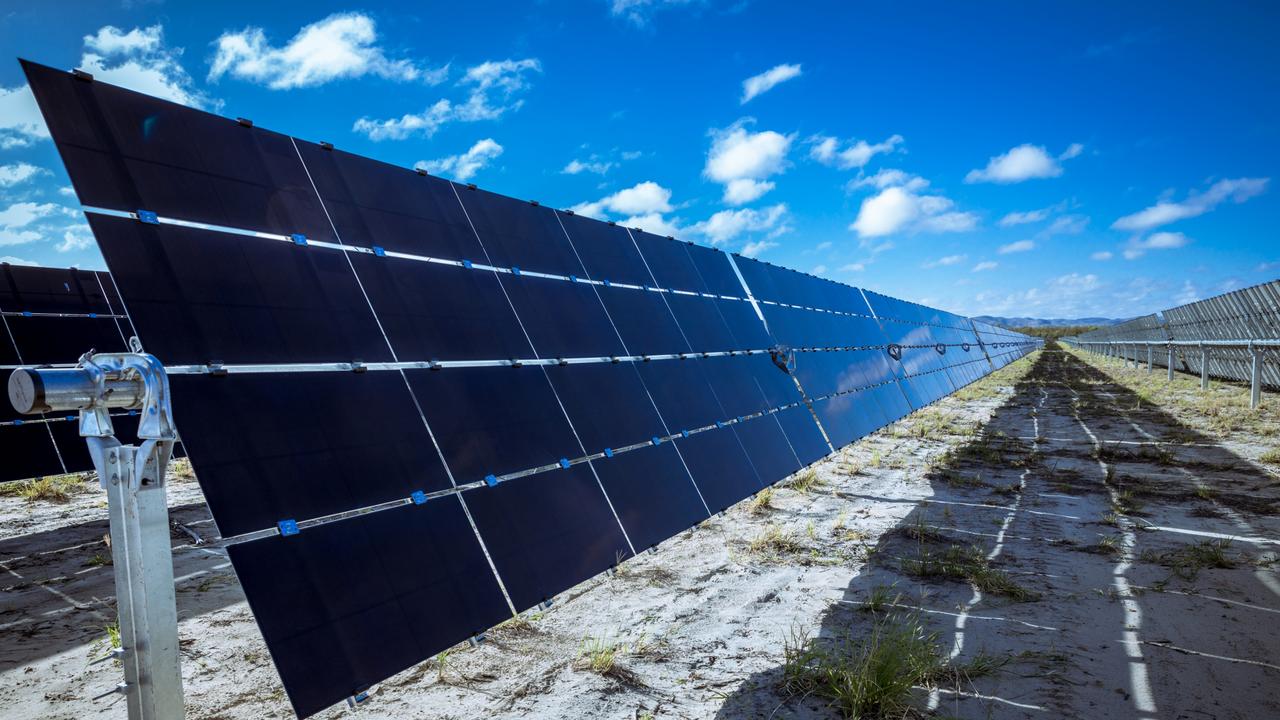New solar target ‘to push up power bills’
Rooftop solar subsidies are on track to exceed $1 billion this year after the Clean Energy Regulator set its new target.

Rooftop solar subsidies are on track to exceed $1 billion this year after the Clean Energy Regulator set its new target amid growing concern the cost will be carried by households that can least afford it.
The Australian revealed earlier this month the value of solar subsidies was likely to grow by $800 million and cited an industry analysis suggesting there would be a cost impact of about $100 per household. Of this, electricity bills were estimated to rise between $40 and $50.
The regulator released its new target on Thursday, saying electricity retailers would be required to surrender about 29.3 million small-scale technology certificates to meet their 2018 obligations. This would represent a rise in the cost of solar subsidies of about $700m on last year’s levels.
Under the government scheme, the certificates are granted to people installing solar panels as an incentive to take up cleaner energy. Electricity retailers are required to buy the certificates. The number of certificates to be bought each year is governed by a mechanism known as the small technology percentage, with the certificates usually trading close to the maximum legislated price of about $40. If this price is maintained in 2018, the total cost of the scheme will fall just short of $1.2bn, a $700m rise on the $500m cost of the scheme last year.
There are growing calls for the government to intervene to lower the price of the certificates from companies that create and trade in the certificates. Some companies, including the Sydney-based business Demand Manager, are warning of a spike in the number of unscrupulous operators unless the green-power subsidy is wound back.
NSW Liberal MP Craig Kelly — the chairman of the Coalition backbench committee for energy and the environment — said consumers needed to be aware that the “cost of these lavish subsidies” would “only get added to their electricity bills”.
“The blowout in the subsidies this year will see a further big hike in consumers’ bills,” he said. “The time has come for these subsidies to come to an end.’’
Energy Minister Josh Frydenberg said the increase in the cost of the small-scale subsidy this year reflected a “record uptake of rooftop solar by Australian households as the cost of the technology comes down”.
“While solar PV brings benefits to those who install it, it must be recognised that under the requirements of the legislation put in place by the Labor government in 2010 the cost of the subsidy is borne by households and businesses across the electricity system”.
He also disputed suggestions the additional costs to household electricity bills could be in the range of $40 to $50. “This year the cost is around $35 a household, which is below the peak of $44 in 2012,” he said.
The regulator estimated in January that about 22 million new certificates would be created over the year, but clarified on Thursday the figure was much higher at 29.3 million because a surplus of 7.2 million certificates would be carried over from 2017.



